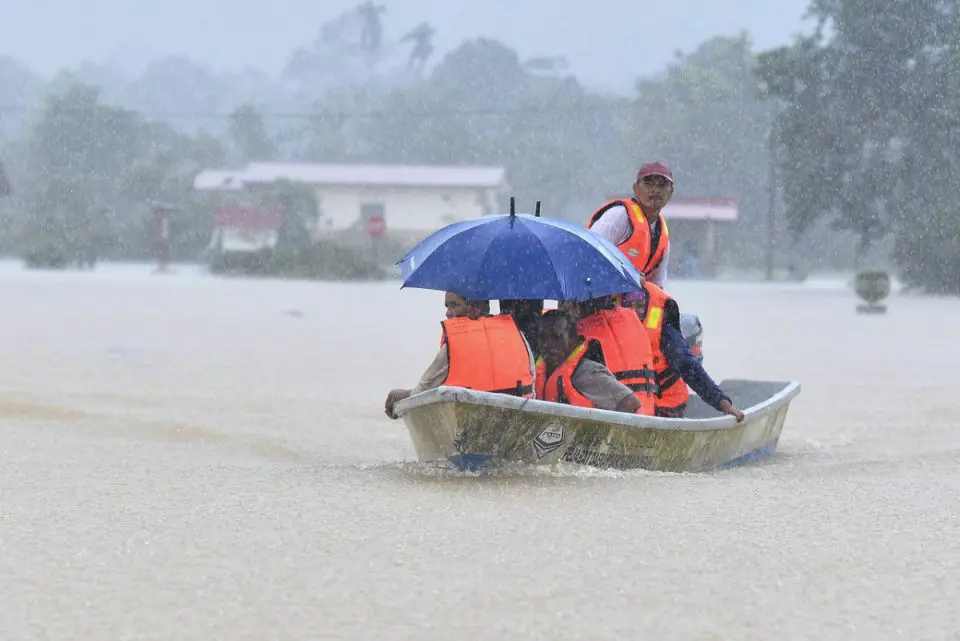SINGAPORE, Sept 17 — Floods, loss of biodiversity and sea level rise are the top three perceived climate change impacts in Southeast Asia, according to a climate survey on regional people’s attitudes and perceptions conducted by the ISEAS-Yusof Ishak Institute.
According to the Southeast Asia Climate Outlook Survey conducted online from June 11 to August 2, 2021, the issues are most concerned by people in Laos, Malaysia and Thailand, reported Vietnam News Agency (VNA).
Compared to 2020, 13 per cent more Indonesian respondents and 10 per cent more Malaysian respondents are concerned about tropical storms.
In Indonesia, the Philippines and Singapore, loss of biodiversity is no longer perceived as a top impact and was replaced with floods or rainfall-induced landslides.
The vast majority of respondents recognised the importance of climate change and considered it a serious and immediate threat.
In the absence of global climate leadership over the last few years, 30.7 per cent of Asean respondents believe that the European Union (EU) has demonstrated the strongest leadership.
Regarding countries that should play a more proactive role in sharing their climate expertise, most respondents chose the EU, Japan and the United States.
The report pointed out that the level of confidence in the Asean renewable energy transition is low. On a scale of 0 to 10, with 0 being not confident and 10 being extremely confident, Asean respondents only ranked their confidence at 4.6 for Asean to achieve its 23 per cent target share of renewable energy by 2025.
Conversely, they ranked their confidence at 6.6 for economic competitiveness resulting from better and innovative climate change policies.
A majority of respondents disagree (45.6 per cent) or are unsure (38.7 per cent) that their governments’ Covid-19 stimulus spending contributed to a green recovery.
Director and chief executive officer of ISEAS-Yusof Ishak Institute, Choi Shing Kwok, said the results showed that Southeast Asians believed that more should be done to address climate change issues, with a majority viewing climate change to be as much of a crisis as the Covid-19 pandemic.
Survey respondents also believed that better and more innovative climate change policies can result in higher economic competitiveness, he said, adding that this will translate into strong support for governments and private companies pursuing climate change initiatives in the region.
— Bernama





